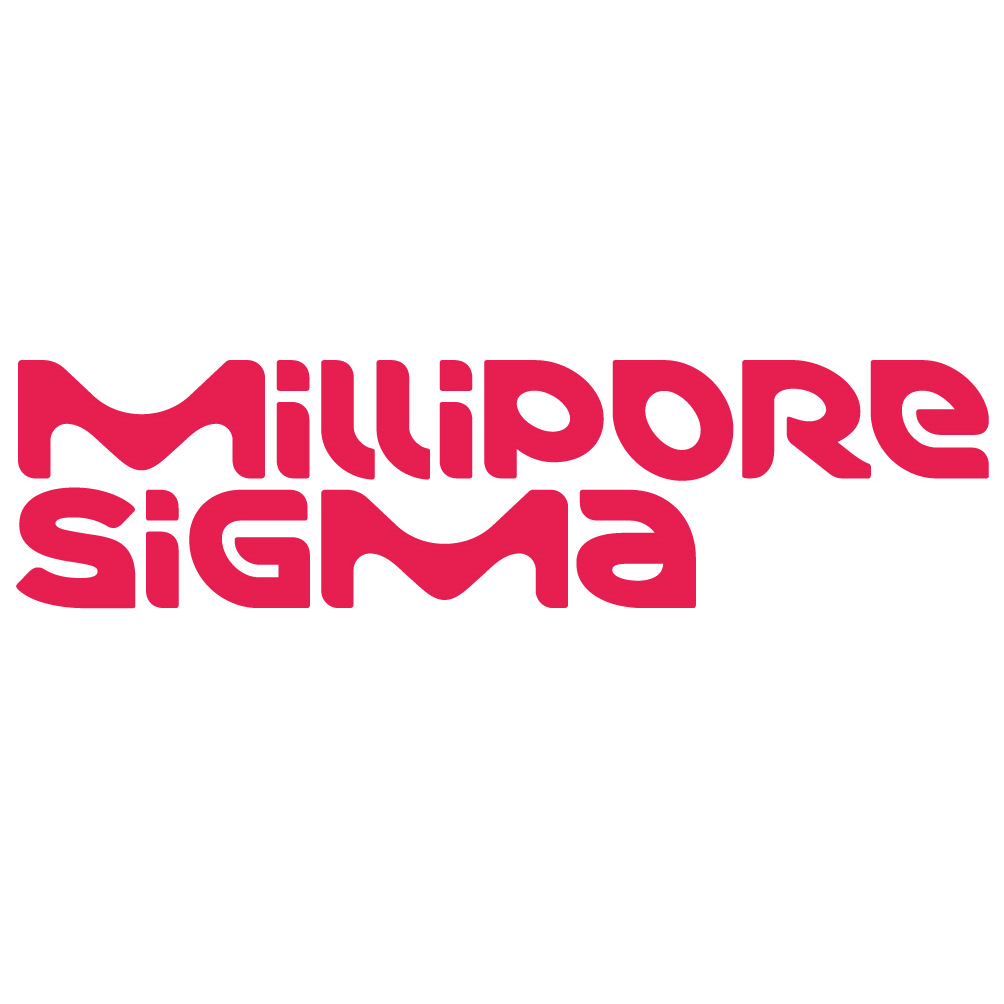CD35 / PE / E11
Product Details
| Description | Anti-Human CD35 (E11) ColorWheel Dye-Ready mAb | |
|---|---|---|
| Conjugate | PE | |
| Clone | E11 | |
| Target Species | Human, Non-Human Primate | |
| Applications | ||
| Supplier | MilliporeSigma | |
| Catalog # | Sign in to view product details, citations, and spectra | |
| Size | ||
| Price | ||
| Antigen | ||
| Host | ||
| Isotype |
About CD35
This gene is a member of the receptors of complement activation (RCA) family and is located in the 'cluster RCA' region of chromosome 1. The genome is polymorphic at this locus with allele-specific splice variants encoding different isoforms, based on the presence/absence of long homologous repeats (LHRs). The gene encodes a monomeric single-pass type I membrane glycoprotein found on erythrocytes, leukocytes, glomerular podocytes, and splenic follicular dendritic cells. The Knops blood group system is a system of antigens located on this protein. The protein mediates cellular binding to particles and immune complexes that have activated complement. Decreases in expression of this protein and/or mutations in this gene have been associated with gallbladder carcinomas, mesangiocapillary glomerulonephritis, systemic lupus erythematosus, sarcoidosis and Alzheimer's disease. Mutations in this gene have also been associated with a reduction in Plasmodium falciparum rosetting, conferring protection against severe malaria. [provided by RefSeq, May 2020]
This gene is a member of the receptors of complement activation (RCA) family and is located in the 'cluster RCA' region of chromosome 1. The genome is polymorphic at this locus with allele-specific splice variants encoding different isoforms, based on the presence/absence of long homologous repeats (LHRs). The gene encodes a monomeric single-pass type I membrane glycoprotein found on erythrocytes, leukocytes, glomerular podocytes, and splenic follicular dendritic cells. The Knops blood group system is a system of antigens located on this protein. The protein mediates cellular binding to particles and immune complexes that have activated complement. Decreases in expression of this protein and/or mutations in this gene have been associated with gallbladder carcinomas, mesangiocapillary glomerulonephritis, systemic lupus erythematosus, sarcoidosis and Alzheimer's disease. Mutations in this gene have also been associated with a reduction in Plasmodium falciparum rosetting, conferring protection against severe malaria. [provided by RefSeq, May 2020]
About PE
Phycoerythrin (PE, R-PE) is a red-emitting fluorescent protein-chromophore complex that can be excited the 488-nm blue, 532-nm green, or 561-nm yellow-green laser with increasing efficiency and captured with a 586/14 nm bandpass filter. PE has an excitation peak at 565 nm and an emission peak at 578 nm. PE is 240kD in size and has an extinction coefficient of ~2x10^6 which makes it one of the brightest fluorophores available and a potent donor upon which to build tandem fluorophores with longer Stoke's Shifts.
Phycoerythrin (PE, R-PE) is a red-emitting fluorescent protein-chromophore complex that can be excited the 488-nm blue, 532-nm green, or 561-nm yellow-green laser with increasing efficiency and captured with a 586/14 nm bandpass filter. PE has an excitation peak at 565 nm and an emission peak at 578 nm. PE is 240kD in size and has an extinction coefficient of ~2x10^6 which makes it one of the brightest fluorophores available and a potent donor upon which to build tandem fluorophores with longer Stoke's Shifts.
Experiment Design Tools
Panel Builders
Looking to design a Microscopy or Flow Cytometry experiment?
Validation References
Reviews & Ratings
| Reviews |
|---|
Looking for more options?
1002 CD35 antibodies from over 41 suppliers available with over 90 conjugates.





